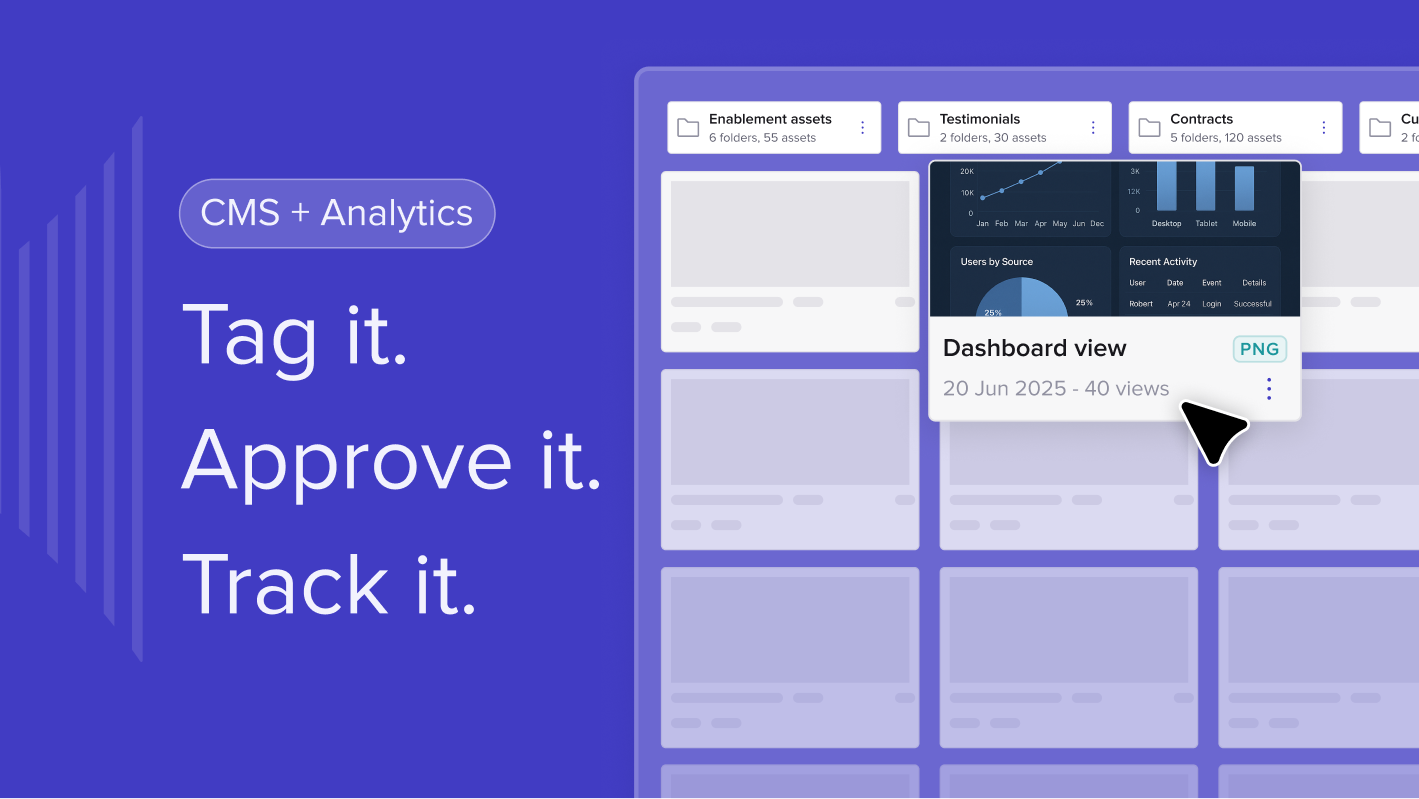If you’re in B2B sales, you’ve likely been here before: your champion loves your product, they’re excited about the solution, and they’ve even promised to push it up the chain. But then—crickets... weeks go by, and you’re still waiting to hear from the elusive budget holder.
Sound familiar?
I’ve been there too. In fact, getting past the champion to the ultimate decision-maker is one of the toughest—and most critical—skills in sales. And let me tell you, it doesn’t happen by accident. Champions are great allies, but they often don’t have the authority, the influence, or the internal credibility to close the deal.
If you’re serious about winning the deal, here’s how you do it.
1. Understand your champion’s motivation
Not all champions are created equal. Some are genuinely invested in solving the problem, while others just think your product is “cool.” The first step is understanding what drives them.
Ask yourself:
- What’s their stake in the outcome?
- Do they have influence with the budget holder?
- Are they genuinely invested in making this happen, or are they passing the buck?
A great champion is your advocate—they’ll sell for you even when you’re not in the room. But even the best champion needs help. Your job is to equip them with the tools and messaging they need to make your case internally.
2. Bring the budget holder into the conversation early
This might sound counterintuitive, but waiting too long to involve the decision-maker can kill your deal. Champions often overestimate their ability to “sell” your solution, which leads to miscommunication, diluted messaging, or outright rejection.
So, how do you involve the budget holder without alienating your champion?
- Frame it as collaboration: Position it as an opportunity for the decision-maker to weigh in early and ensure the solution aligns with their priorities.
- Make it low-pressure: Suggest a quick, no-obligation conversation to clarify goals or discuss how your product addresses high-level business challenges.
- Give credit to your champion: Highlight your champion’s role in bringing the solution forward, ensuring they feel valued and supported.
Example:
“[Champion’s Name], you’ve been an incredible advocate for this, and it’s clear how much you care about solving [problem]. To make sure we’re fully aligned with your company’s strategic goals, would it make sense to loop in [Budget Holder] for a quick discussion?”
3. Tailor your messaging to the budget holder
Once you have access to the budget holder, the conversation changes. Unlike your champion, they don’t care about the bells and whistles of your product. They care about outcomes.
Focus on these three things:
- ROI: How will this investment impact the bottom line?
- Risk mitigation: How does your solution reduce risks or improve efficiency?
- Strategic alignment: How does your solution fit into their broader business priorities?
Pro Tip: Use data, case studies, and tailored insights to make your case. Budget holders value evidence over enthusiasm.
4. Create a seamless handoff
Navigating the champion-to-decision-maker dynamic is a balancing act. Be transparent, collaborative, and respectful. Acknowledge your champion’s efforts while positioning the decision-maker as a key partner in driving results.
At Trumpet, we’ve seen that having a clear, visual narrative can make all the difference. A personalised, interactive deal room can ensure your messaging stays consistent, even as it travels up the chain.
Final thoughts
Getting past your champion isn’t about sidelining them—it’s about empowering them and involving the right stakeholders to move the deal forward. The sooner you master this, the faster you’ll close deals and build lasting relationships.
So, the next time you’re stuck at the champion stage, don’t wait. Take action, collaborate, and create a path to the decision-maker. You’ve got this.

.svg)
.svg)
.svg)
.svg)
.svg)
.svg)
.svg)
.svg)
.svg)
.png)
.svg)
.svg)
.svg)
.svg)

.svg)
.svg)
%201.svg)
.svg)
%201.svg)



.svg)



















![How to Get Started with Buyer Enablement [With Examples]](https://cdn.prod.website-files.com/65cf4fecbed2754c2236665d/65cf4fecbed2754c22366bdb_65a5af83e742f76e34ce06f3_Customer%2520Onboarding%2520_%2520Everything%2520you%2520need%2520(2).png)
.png)



.png)



.png)












.png)


.png)


.png)
.png)







